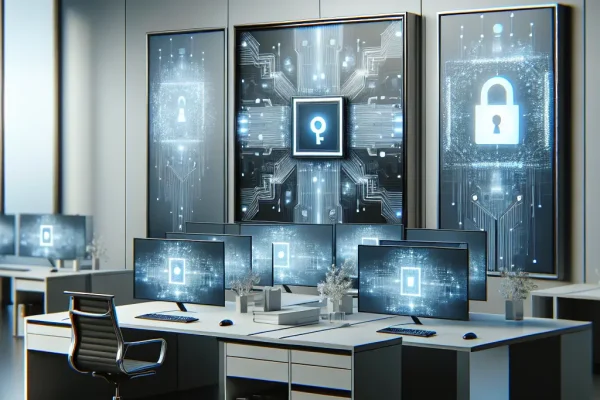Is Microsoft’s Latest Windows 11 24H2 Update Putting Your Drives at Risk?
If you’ve recently updated your PC to Windows 11 24H2, you might have heard some unsettling news. Reports, including those sparked by a detailed Reddit discussion, suggest that this update could break SSDs and HDDs, potentially causing serious data corruption. Naturally, this raises a lot of questions: How widespread is this issue? What causes it? And most importantly, what can you do to protect your valuable data?
What’s Happening with the Windows 11 24H2 Update?
The Windows 11 24H2 update was rolled out by Microsoft to bring new features and performance improvements. However, shortly after its release, multiple users began reporting unexplained hard drive failures and data corruption issues directly linked to the update. This isn’t just a minor bug—affected users allege that their SSDs and HDDs malfunctioned, leading to partial or complete data loss.
This kind of problem is understandably alarming because our drives are the backbone of all our data—from family photos to important work documents.
Digging Deeper: What Causes These Drive Failures?
While Microsoft has not officially confirmed a root cause, community experts and IT professionals suspect that the update interferes with certain device drivers or modifies how the operating system interacts with storage controllers. For example, faulty firmware communication or aggressive power management features introduced in the update may cause drives to become unresponsive, corrupt file systems, or fail prematurely.
On Reddit, users shared several anecdotes explaining the symptoms:
- Drives suddenly not recognized by Windows after reboot.
- Read/write errors emerging during normal use.
- Unexpected blue screen errors linked to storage device failures.
- Complete data loss on affected drives without prior warning.
While these reports vary in scope, the common thread points back to the 24H2 update as the trigger.
How Widespread Is the Problem?
At this stage, the exact scale is unclear. Millions of Windows 11 users have installed the 24H2 update, but only a subset have reported storage problems. That said, even a small percentage of failures translates to a large number of impacted users globally.
Interestingly, the problem appears more prevalent in systems using certain SSD brands or specific hardware configurations. Community forums and tech sites suggest that some NVMe SSDs are disproportionately affected, though reports also include traditional HDDs.
Tips to Protect Your Data Right Now
So, what can you do if you’re concerned about this update? Here are a few practical steps to keep your data safe:
- Pause Windows Updates: Delay installing the 24H2 update until Microsoft provides a confirmed fix.
- Backup Immediately: Use an external drive or cloud service to back up your important files regularly.
- Check Drive Health: Use tools like CrystalDiskInfo or your SSD manufacturer’s software to monitor drive status.
- Consider Rolling Back: If you’ve already updated and noticed issues, revert to a previous Windows version until issues resolve.
Backing up might feel tedious, but trust me, it has saved countless people from total data loss. Think of backups as your digital safety net — it’s better to have them and not need them than the other way around.
Microsoft’s Response and Future Outlook
Microsoft typically moves fast to address such critical issues, often releasing emergency patches or advisories. At the time of writing, official statements for this specific SSD/HDD corruption issue remain scarce, but community pressure usually ensures that solutions arrive soon.
Keep an eye on Microsoft’s official support pages and trusted tech news outlets for updates and instructions. Also, consider joining relevant forums or subreddits where users share the latest findings and fixes in real-time.
Final Thoughts: Balancing Benefits and Risks with Windows Updates
Windows updates are essential—they patch security holes and add useful features—but they can also bring unforeseen complications, especially with complex hardware like storage devices. The Windows 11 24H2 situation is a reminder to approach updates thoughtfully. If something seems off after installing an update, don’t ignore it. Reach out, back up your data, and seek help from the tech community.
Have you experienced issues after updating to Windows 11 24H2? Share your story, and let’s learn together how to keep our PCs safe and sound.


